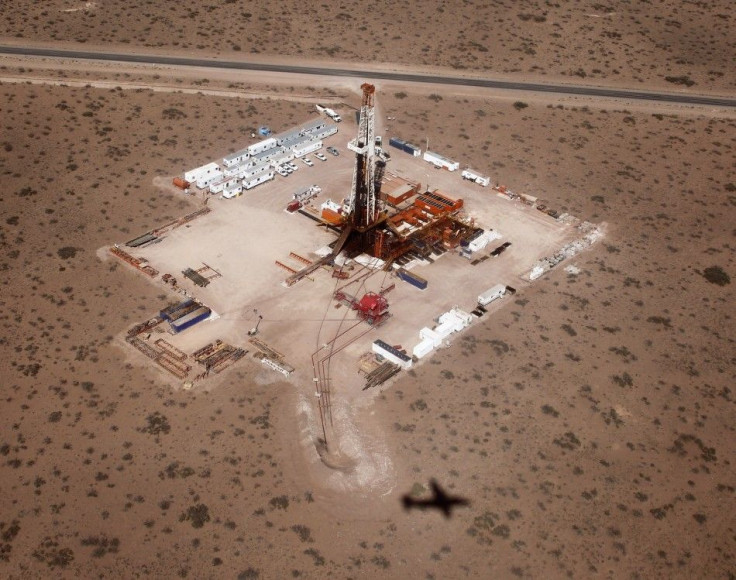Argentina Moves To Take Control Of Spanish Oil Subsidiary

Argentina's President Cristina Fernandez's government is moving forward with a plan to nationalize its largest oil company, currently owned by Spanish company Repsol, deepening a rift between Buenos Aires and Madrid.
The two capitals have been at odds with each other over the past several months following Fernandez's government's progressively aggressive moves to wrest control of YPF from Repsol.
The Spanish company is accused of not doing enough to develop and invest in Argentina's energy resources, and on Monday Fernandez announced that a law has been introduced in the country's legislature that would split a majority of the company's shares between the country's central and provincial governments.
The move is designed to give Argentina control over its own resources, the Associated Press reported.
The country's large deposits of energy resources has led to a rush in that region for energy development.
The Argentine oil company is developing a 150-million-barrel oil field in Patagonia, and the U.S. Geological Survey estimates the country could have as much as 3.6 billion barrels of oil.
If the company is nationalized, it will represent a huge blow to Spanish Repsol. Roughly 42 percent of the company's reserves, or 2.1 billion barrels, are tied to the YPF oil company, the AP reported.
Madrid has previously announced any move by Argentina's government on Repsol's hold on the Argentine subsidiary would be considered an act of aggression.
Fernandez previously announced her government will do whatever it takes to promote her country's energy resources.
Repsol operates in Argentina, Cuba and Venezuela.
© Copyright IBTimes 2024. All rights reserved.











